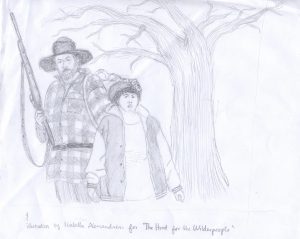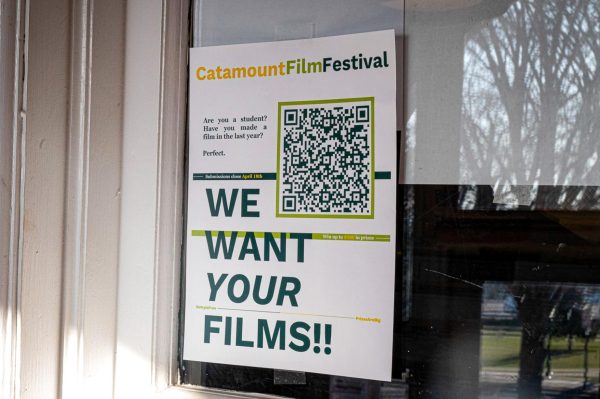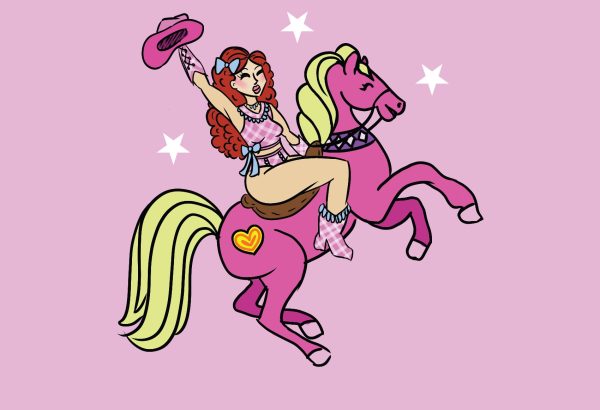Film renews typical trope
Comedic, charming and heartfelt, “Hunt for the Wilderpeople” tugs the heartstrings without bordering on sappiness.
“Hunt for the Widerpeople” tells the story of a young foster child who, after spending his life living in cities, is sent to live on a farm in rural New Zealand.
Despite a rocky beginning with his new family, young Ricky (Julian Dennison) connects with his loving Aunt Bella (Rima Te Wiata) and cantankerous Uncle Hec (Sam Neill).
H owever, when tragedy strikes, Ricky and Hec run off into the wilderness. The ensuing manhunt drags on for months, with police, child services and vigilante hunters joining the search.
owever, when tragedy strikes, Ricky and Hec run off into the wilderness. The ensuing manhunt drags on for months, with police, child services and vigilante hunters joining the search.
The story covers a variety of themes. Loss, isolation, adolescence and father-son relationships are all deftly handled. No messages or morals are ham-fistedly inserted, and enough humor intersperses the serious themes to leave the audience unsure whether the film is a drama or a comedy.
An uneasy alliance between Hec and Ricky develops slowly as the two overcome their differences. Rick, the chubby wannabe-gangster, matures while depending on grumpy survivalist Hec, who in turn softens toward his adopted son.
Director and screenwriter Taika Waititi, who previously directed films such as “What We Do in the Shadows” and “Boyhood,” incorporates stunning landscape shots of the New Zealand wilderness.
Dense forests, high mountain lakes and rolling hills help underscore the ever-present theme of wilderness.
The film succeeds in avoiding classic father-son movie cliches. At first glance, the story of a grumpy old man bonding with a troubled preteen boy seems familiar–think “Gran Torino”– but “Hunt for the Wilderpeople” feels fresh nonetheless.
Waititi employs colorful composition, symmetry and irreverent dialogue to break up the seriousness of the story.
The film is currently receiving wildly positive reviews, earning Rotten Tomatoes scores of 98 percent for critic reaction.








